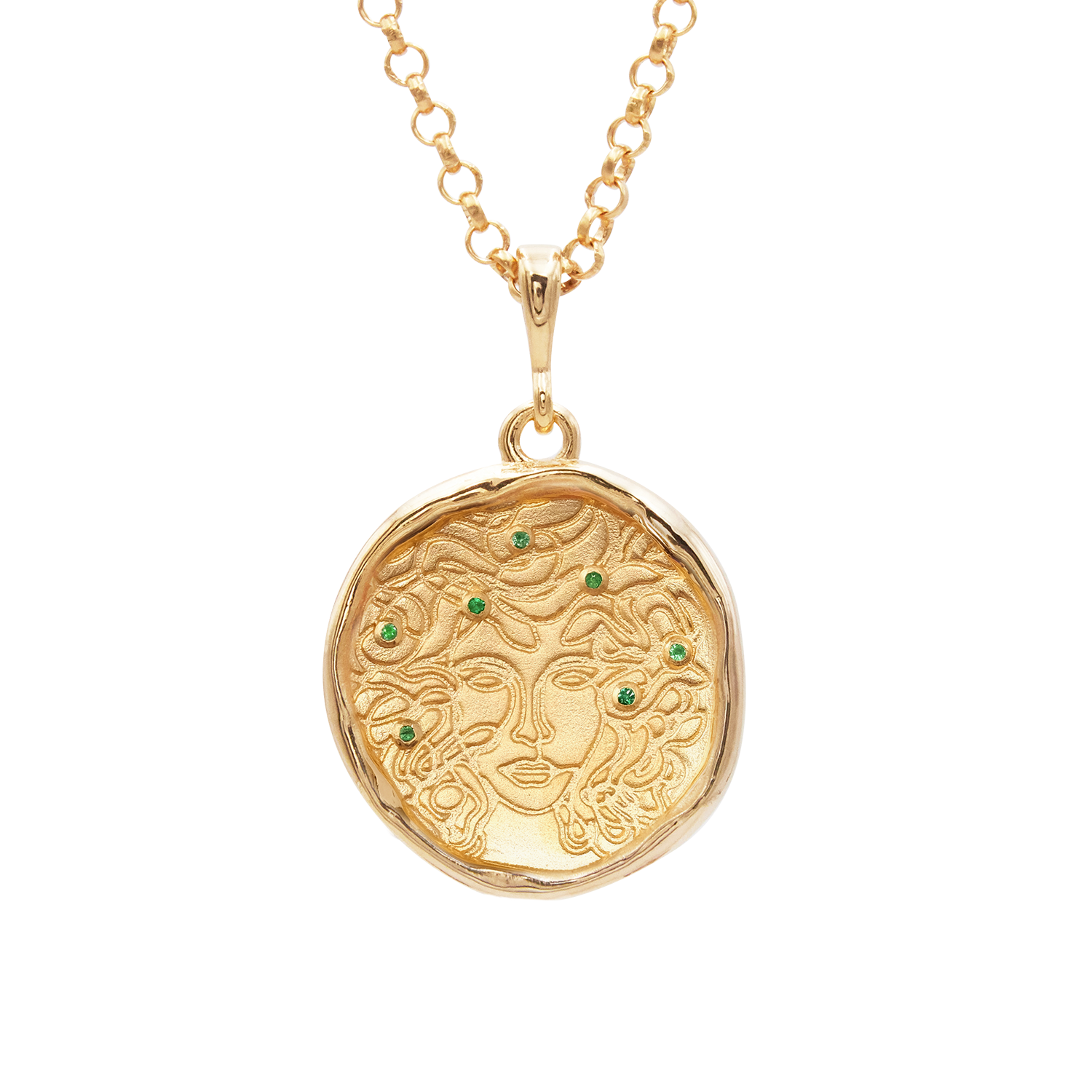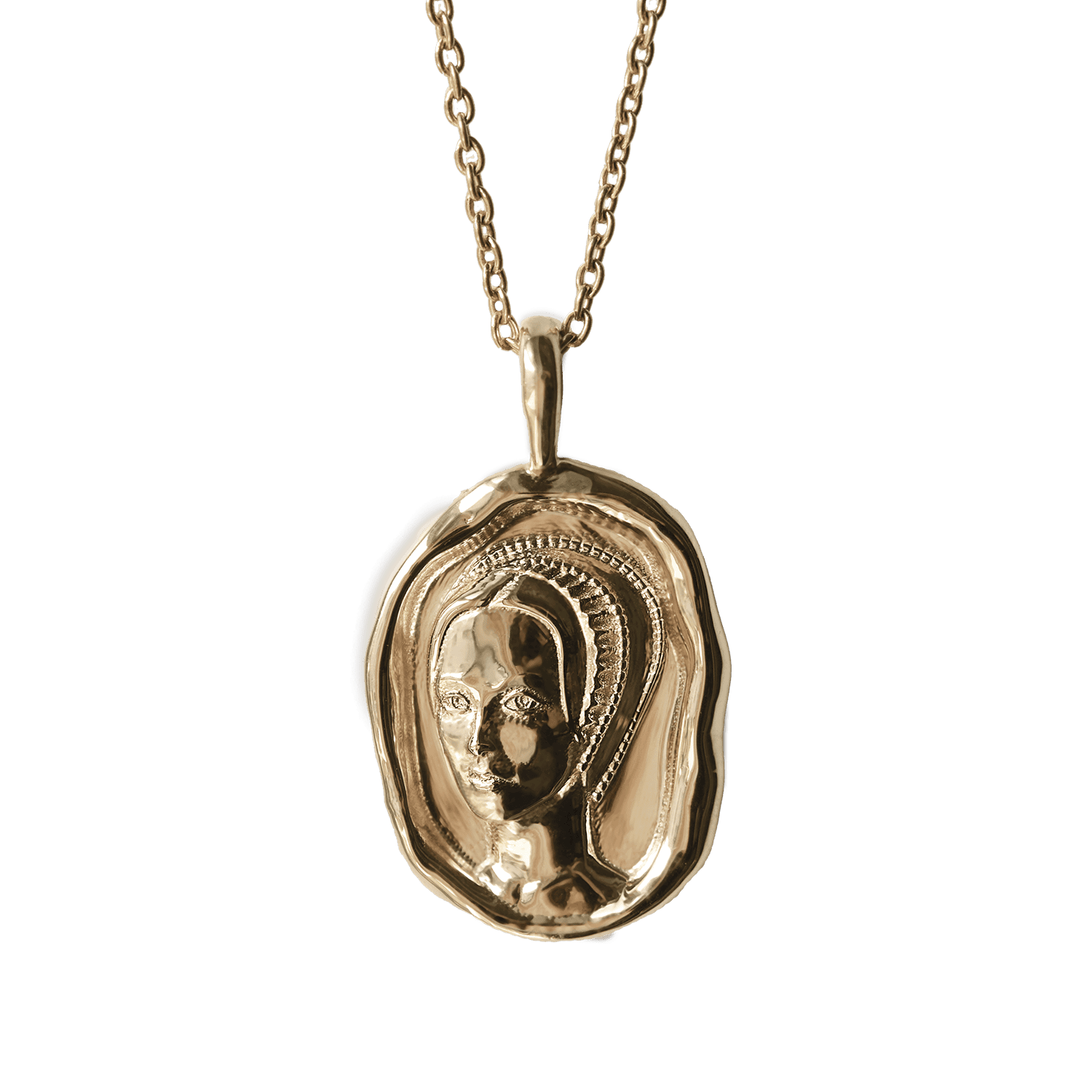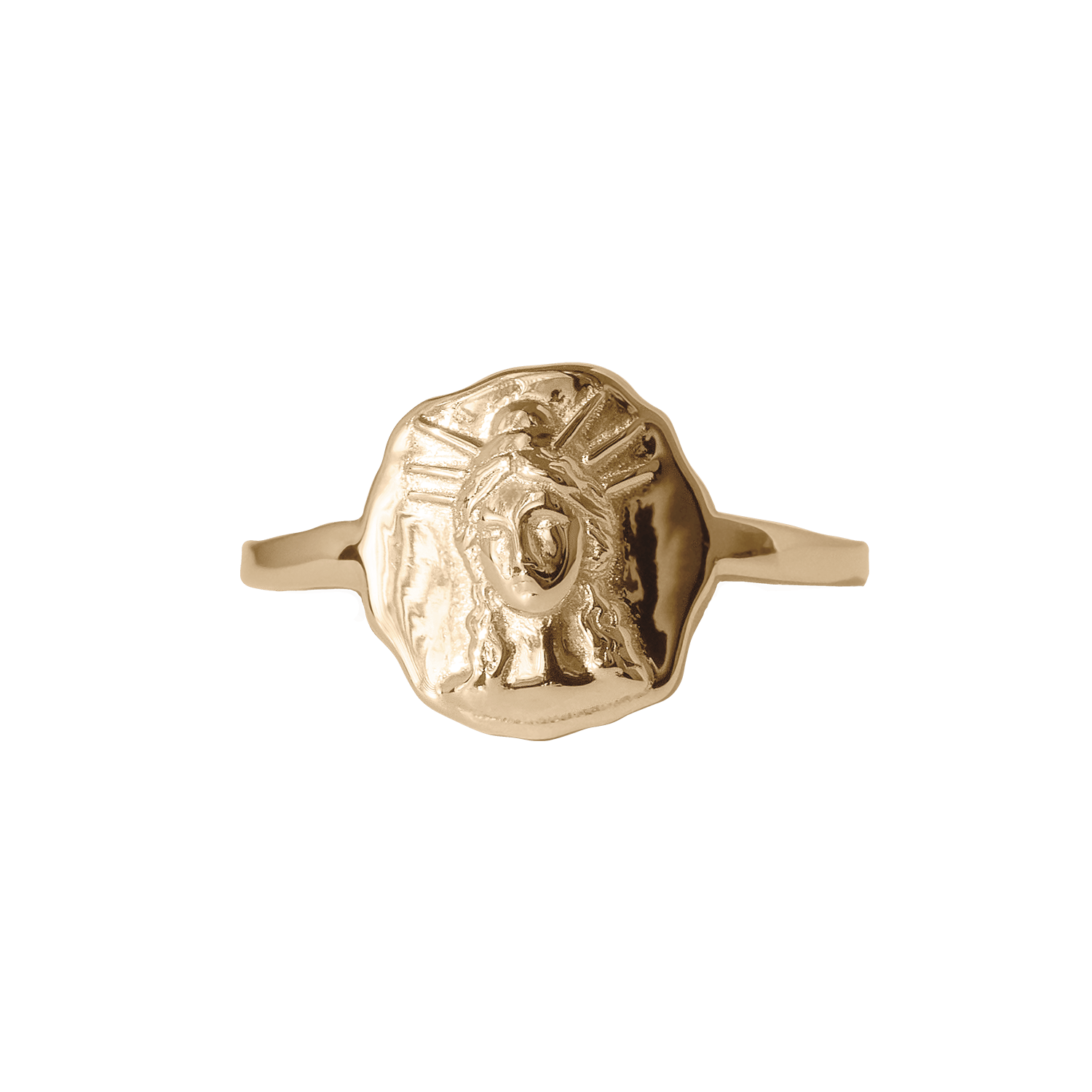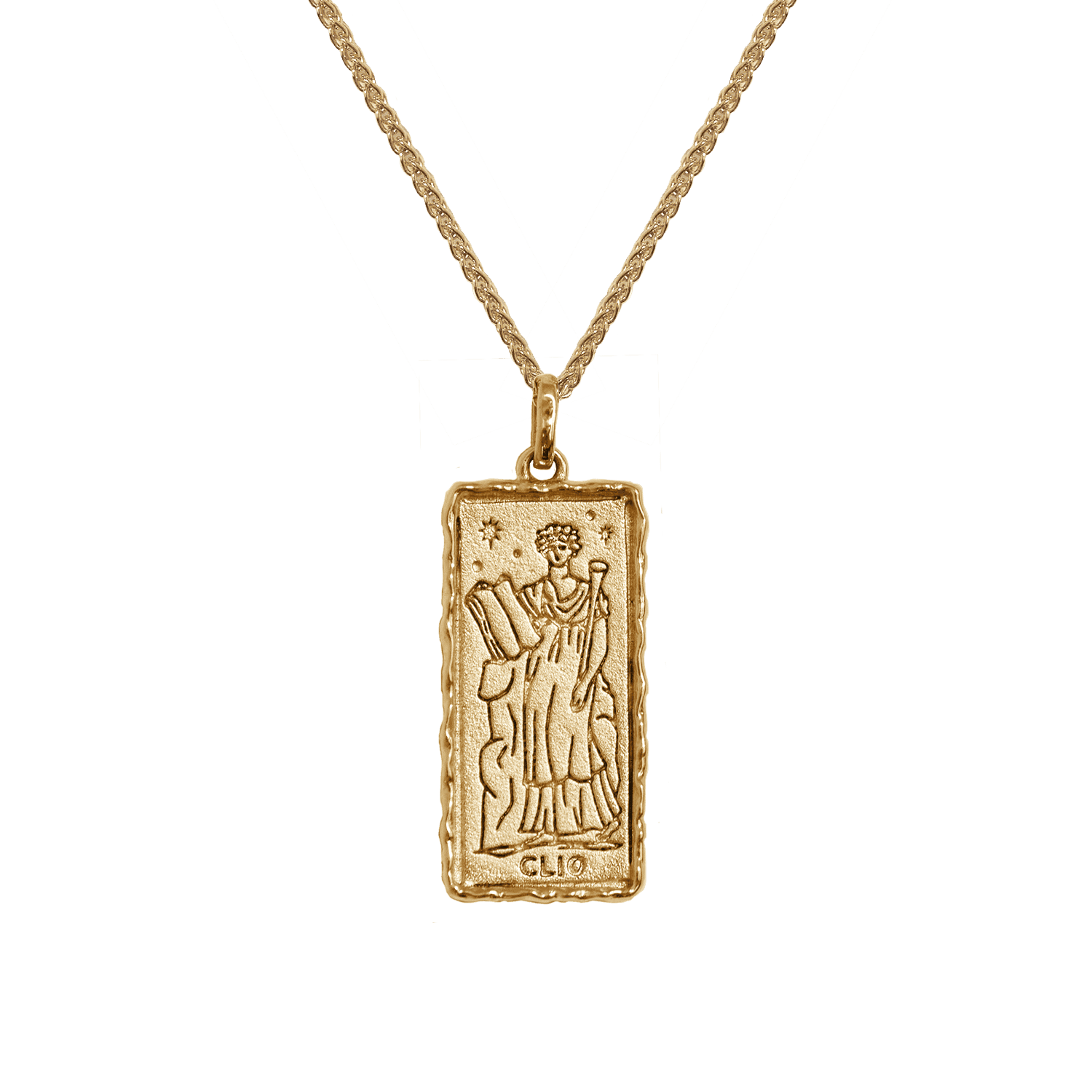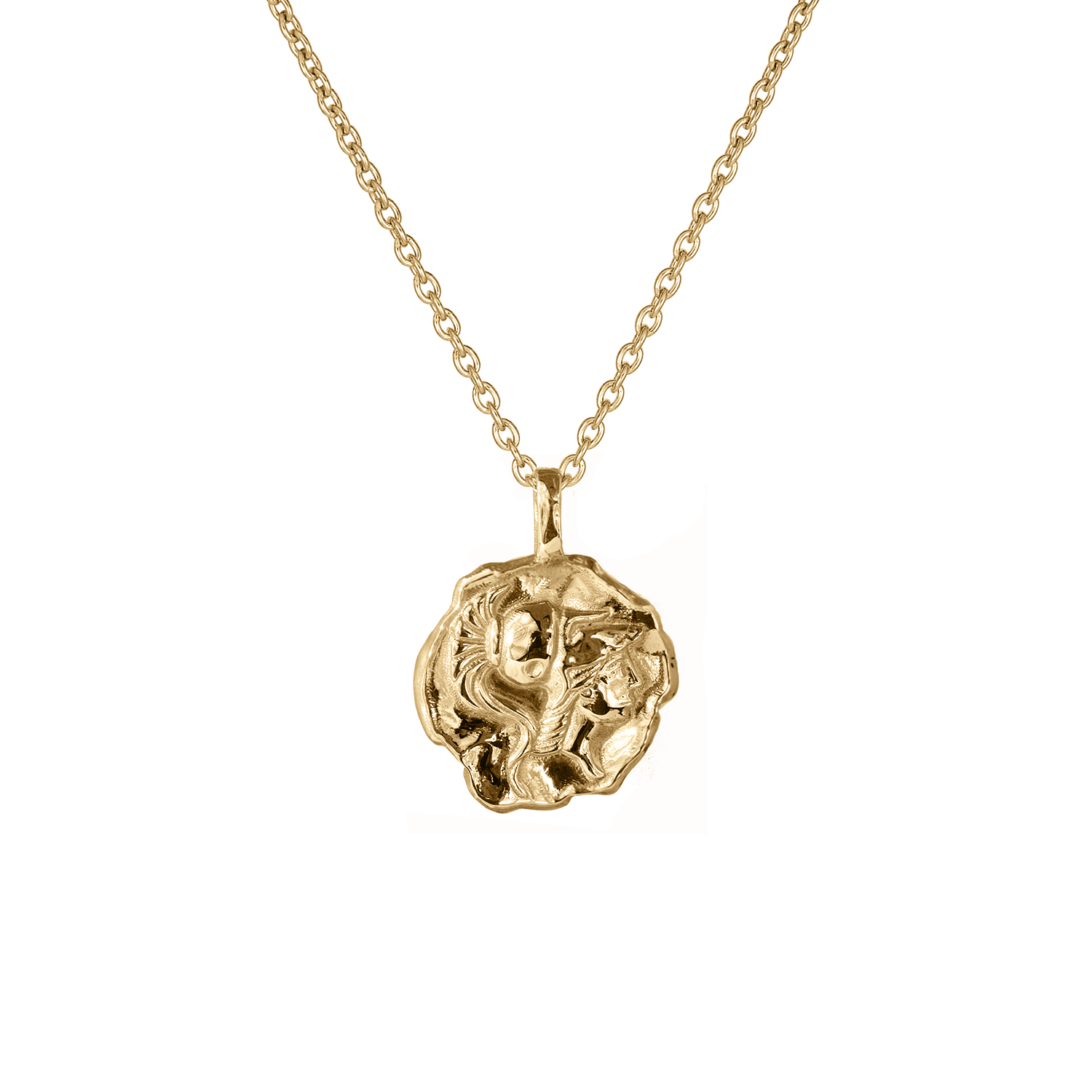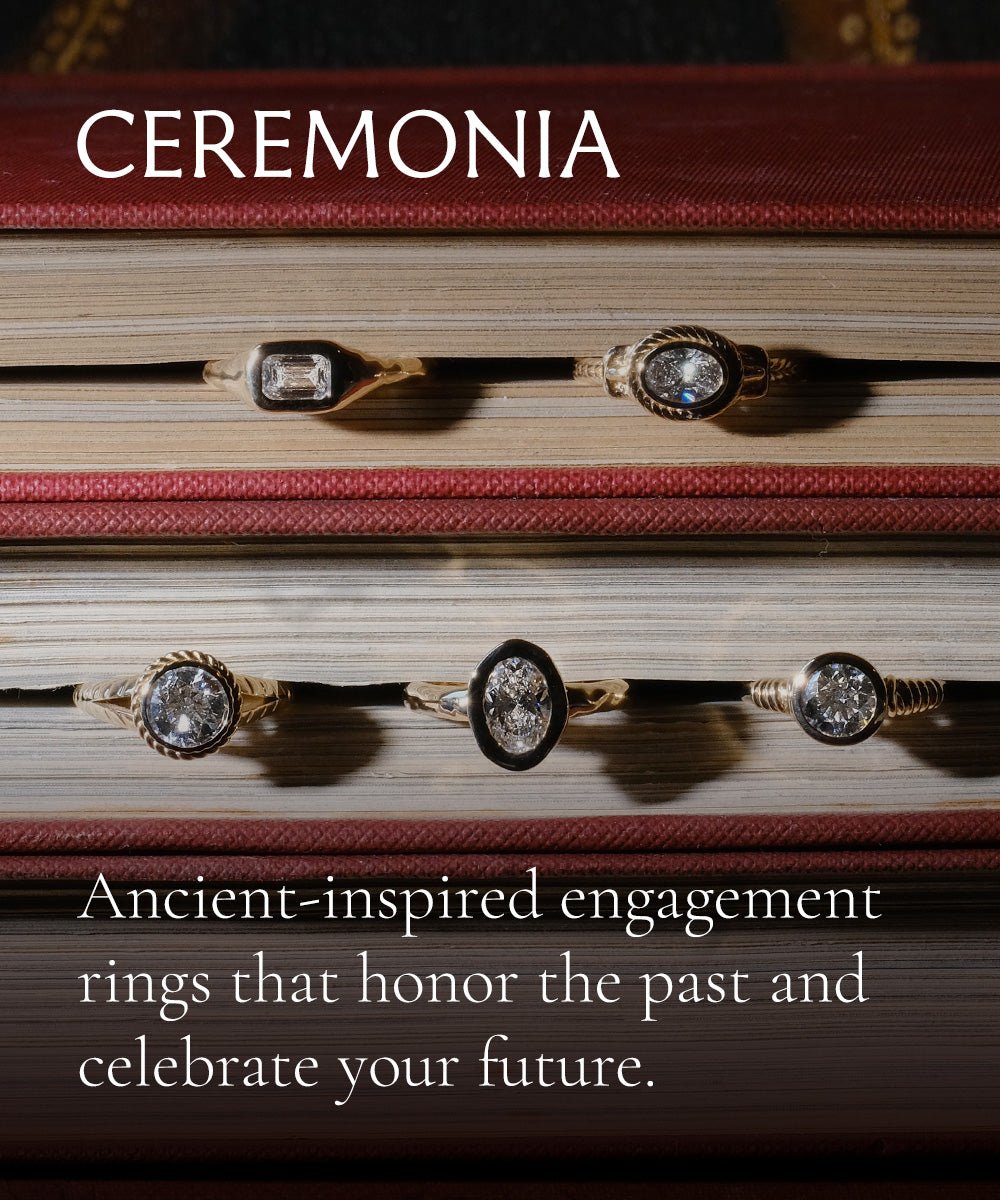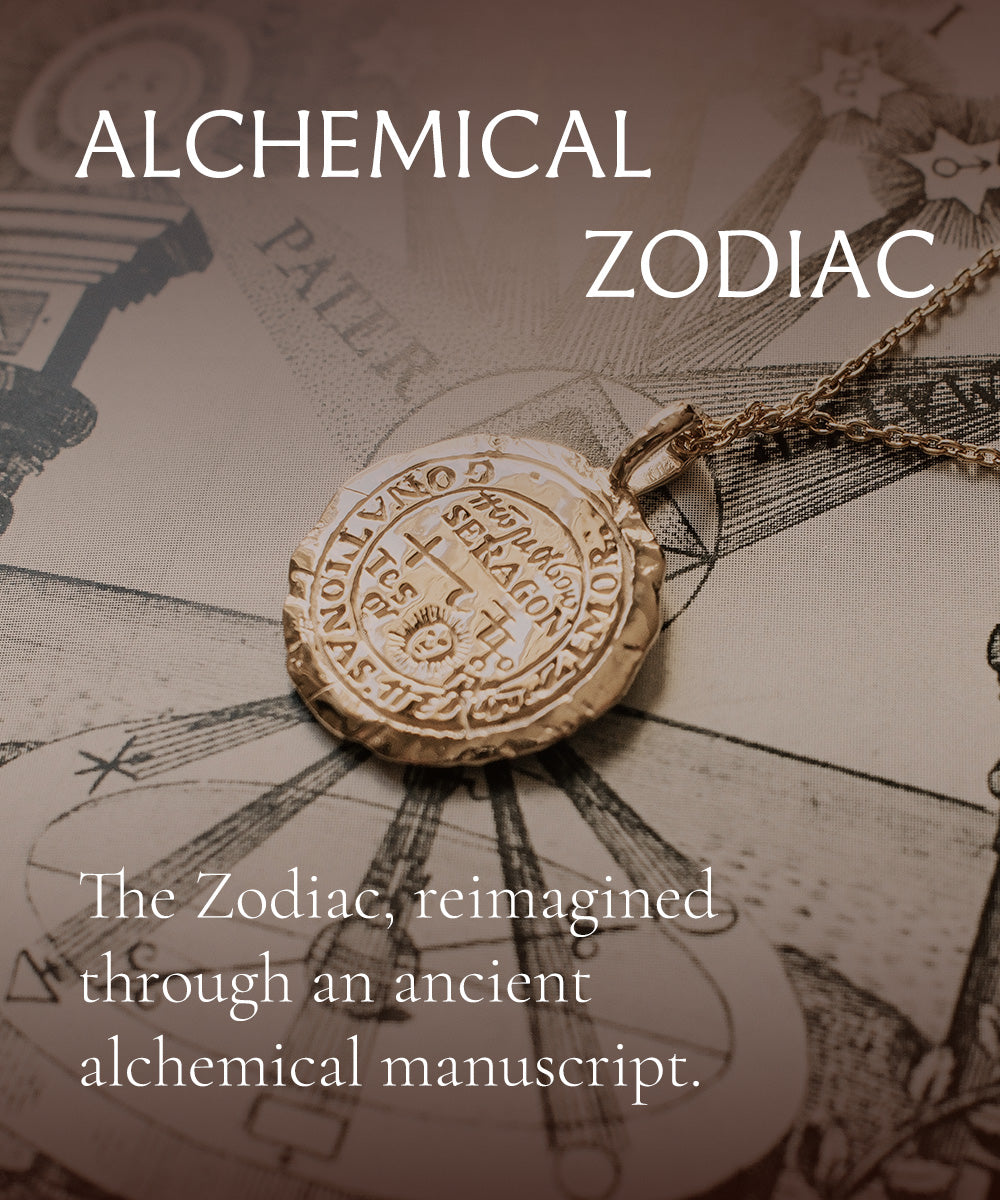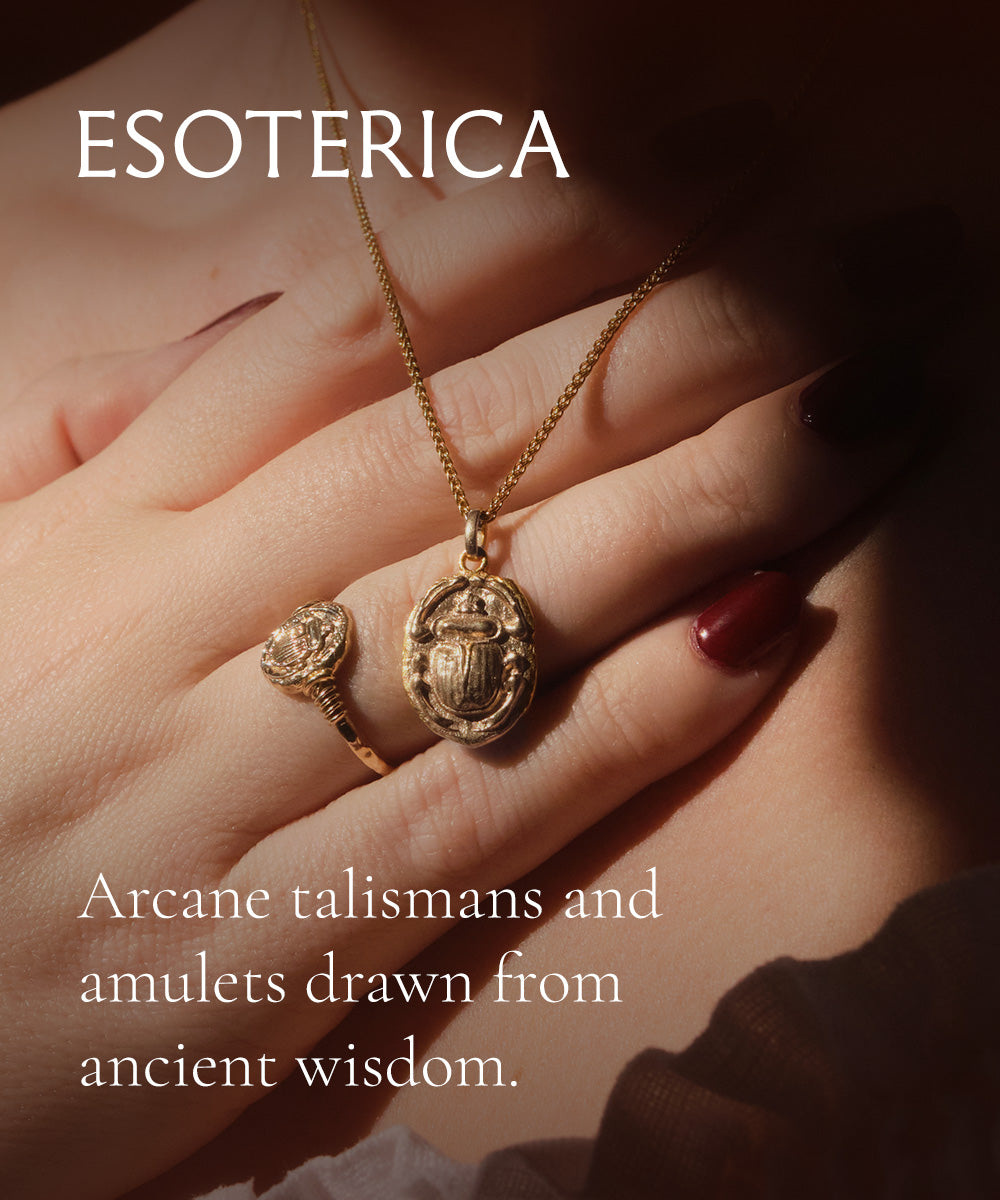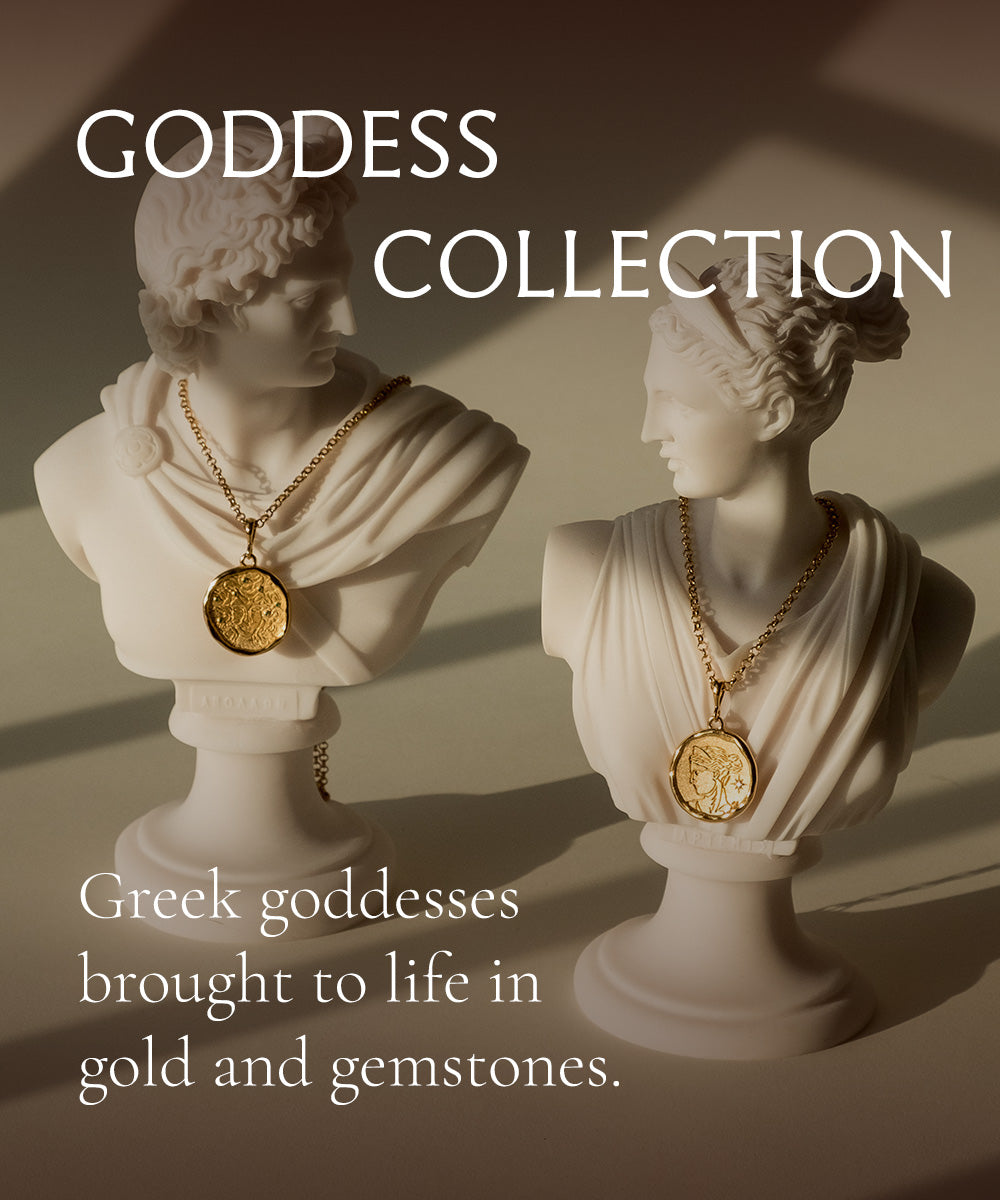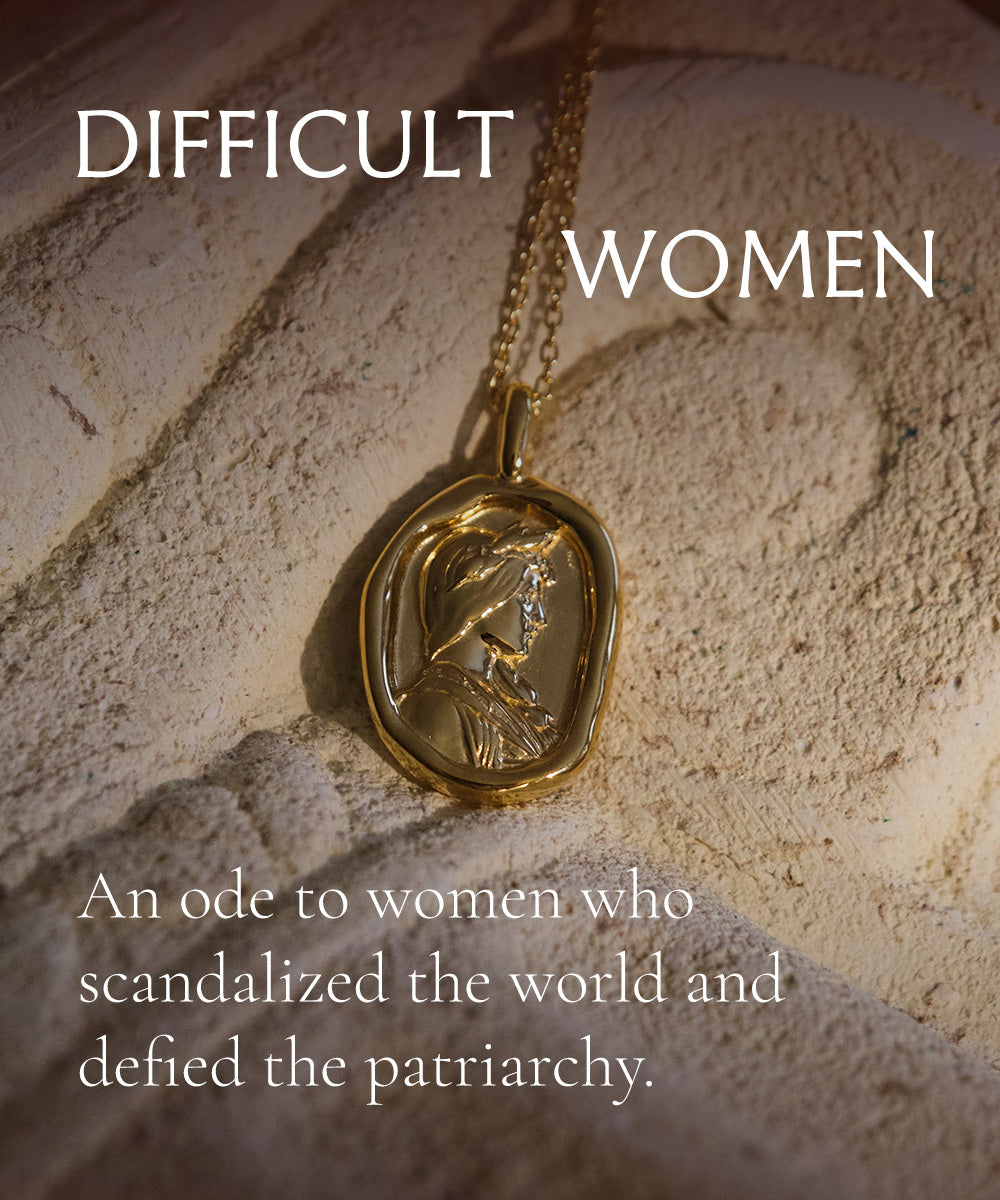First, there was void, whose name is Chaos. Then sprung Gaia, verdant and lush, like pea shoots through snow.
The first thing of substance was a woman. Gaia is the Earth personified, her name evokes images of magnificent carved canyons and meadows of tall grass. Mother of the sea, wife of the sky, born with the abyss. When she laughs, the whole world shakes with her joy. Take a look at your mother when she laughs from deep in her belly. You may find she has a touch of this energy inside her.
From Gaia alone came mountains, oceans, and the heavens, called Ouranos. It was with him who Gaia would have much of her offspring (put simply, the Greek gods have a tangled family tree). Hesiod writes “Gaia first bore, equal to herself, starry Ouranos,” and to my interpretation, the first great coupling was a choice made between equals. And it was fruitful. Titans and cyclopes, giants and hundred-handed beings, those raging and punishing furies and the honey-nymphs of the ash tree, even races of mortal men. Numberless children were born from endless Gaia.
She mothered so many, though Gaia herself sprung from a great nothing. She chose to be, for her children, everything she could not have. With no parentage to speak of, motherless Gaia had no well to draw from but the one inside herself.
Gaia has become so defined by her progeny, and for some good reason. She chose them, she poured the strength of her body and mind into them, and though it left her with less, she would tell you that her labor was worth the wonders she brought forth. Even so, no mother’s entire life can be her children. Gaia is the goddess of the Earth, and in this way, she is mother of all—but she is also her own vast, shimmering celestial body.
A mother may step out of her home in the night when she can’t sleep, hours after the children have drifted off. She may feel the vibration of the cicadas on the ash trees. She may curl her toes in the cool earth and feel something gently pulsing in time with her heartbeat. Her fingers may run through and linger in her hair like so many blades of grass. First and foremost, a mother is a woman, and a woman is always her own.
I would like to pause, for a moment, with the mother. In this stillness I would honor her choice, her pain, her labor, and finally, after her children are grown, her rebirth.
Long after humans are gone, nature will reclaim the Earth. She won’t be the same as she was before her children, but she will still be. After the sea runs dry and the mountains turn to sand, flowering Gaia will be reborn. I would see leaves unfurl like fingers reaching for sunlight.
